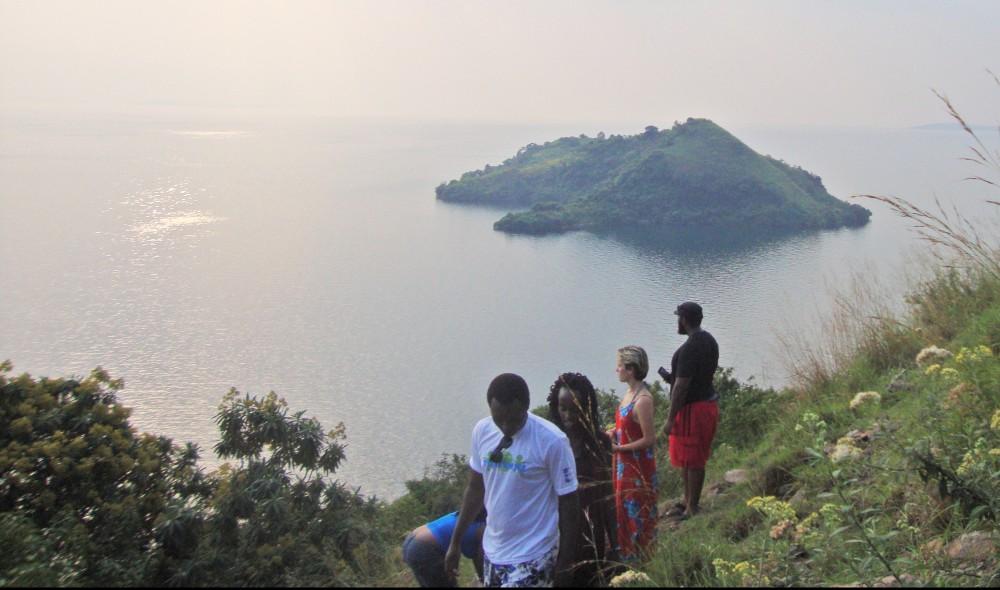The effects of studying abroad

GVL / Courtesy
Jan 21, 2016
Everything was green, yet nothing felt familiar.
The lights were shining in the streets as the students from the Global Youth Connect drove through the streets of Rwanda and observed their new home for the next three weeks.
For Meghan Augsburger, a senior studying at Grand Valley State University, taking in and studying in the African country was not only an amazing academic experience, but also a life-changing one.
“You have one set image of what something will look like, but when you see, it is completely different and shocking,” she said.
Having dual-citizenship in both Germany and the U.S., Augsburger had spent most of her life abroad. Now, as an international relations major, one of her professors recommended the trip as a summer study abroad program.
From June 22 to July 13 of last year, Augsburger studied and explored Rwanda while learning about the culture of the people that live there. However, most of trip, which she called “an intense experience,” dealt with topics of genocide and human rights.
When her group visited the Nyamata Church, a memorial for an estimated 800,000 to one million people killed in the 1994 Rwandan genocide, they walked through the church and tried to understand how hatred and fear could lead to such a tragedy.
“To remember the people who were murdered, they’ve placed the clothes of the victims on all the pews and on the floor,” Augsburger said. “When we walked through, it seemed like it would never end as it was just piles and piles of clothes belonging to adults and even tiny children. There were some belongings from these people left behind too, such as identity cards and religious artifacts.”
Alissa Lane, the outreach coordinator at the Padnos International Center (PIC), said Augsburger’s experience shows how studying abroad gives students the opportunity to see the world through someone else’s eyes. Putting themselves in the narrative, she indicated, will help students understand.
“For many students, the impact of an experience abroad doesn’t end when they get back home,” she said. “Meghan’s experience in Rwanda is a great example of how a study abroad experience can effect students on a personal level, as well as help give them some clarity on what they would like to do professionally.”
Augsburger’s group also visited the Kiziba Refugee Camp in the Karongi District. Established in 1996, the camp serves 18,900 refugees who have fled violence in the eastern region of North Kivu in Congo.
Visiting the camp, she said, showed her how refugees are expected to live out their lives in uncertainty and disappointment.
“The camp has been in existence for 20 years, so there are many permanent structures, but they are very basic and the medical facility they have is mediocre as there is only one doctor and people are constantly ill so there are long lines every day outside the hospital,” she said. “I hope that I can work in that sector one day and have an impact on some of their lives. I know there are thousands of refugees who are incredibly intelligent, kind and hard-working people – they just need a chance.”























